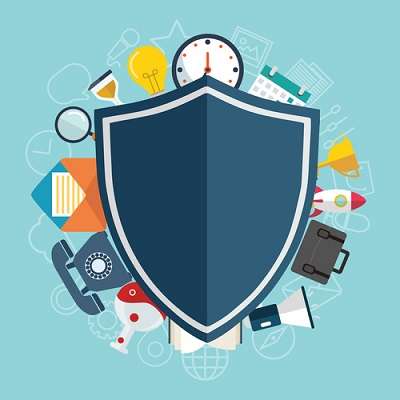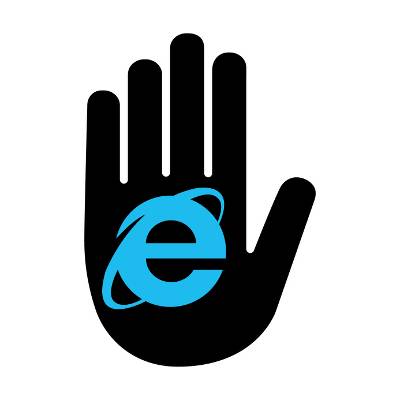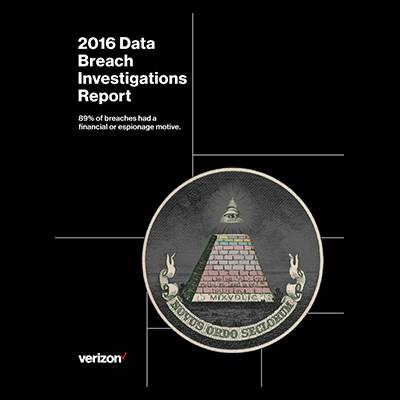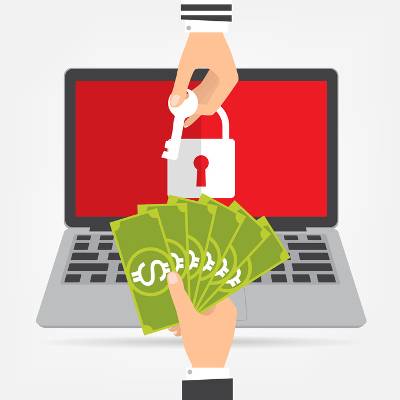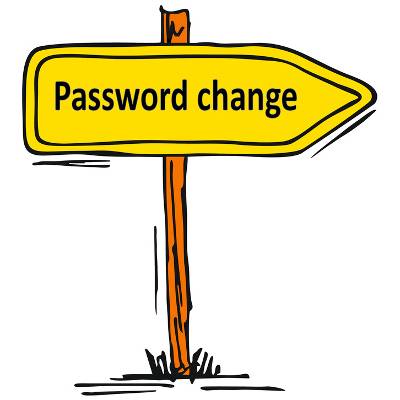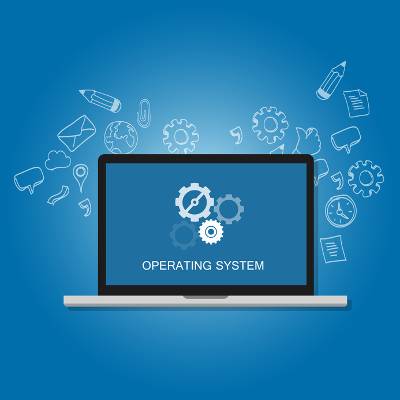Chances are you've heard the term “hacker” before. A favorite character trope of Hollywood films and television dramas, these cybercriminals have appeared in movies like Die Hard and shows like Mr. Robot with varying degrees of accuracy. Let's examine what the term 'hacker' means and the different kinds of them that lurk in the real world.
Macro Systems Blog
Blockchain is one of the most recent and greatest developments to arrive in the computing industry. The spotlight is on Bitcoin, Litecoin, Ether, Dogecoin, and a few other cryptocurrencies that take advantage of the blockchain, but it’s important to realize that it’s not exclusive to cryptocurrencies. Blockchain has numerous great uses, with some of the most critical being cyber security, transparency, and privacy.
Cryptocurrencies are one of the most popular uses of blockchain technology; although their values seem to have decreased a little since the volatile growth they experienced a few months ago, that has not stopped people from seeking them out. Naturally, where there’s money to be made, there's going to be cybercriminals nearby.
If you are under the impression that working with the cloud doesn’t have risks, than you need to reconsider that line of thought. It’s inevitable that you’ll face security compliance concerns when it comes to your cloud-based data. If your business has data stored in a cloud-based environment, you need to pay particularly close attention to how compliance laws affect the way that you access and store this information. How can your organization ensure that your cloud-based data isn’t in violation of some cloud compliance laws?
It’s not difficult to overlook the importance of network security if you run a small business; you may think your operation is too small to be the target of malicious attacks. Unfortunately, this dismissive attitude can put your business at risk, as even a simple security problem could be enough to expose you to dangerous entities. To be blunt, we would call it foolish not to secure your business; and one of the most infamous security failings in history originated from this kind of carelessness.
Star Wars is a cultural sensation. For the past 40+ years audiences from all around the globe have become captivated with the story that took place in a galaxy far, far away. However, Star Wars was also a wonderful lesson in modern IT security! Let's examine three situations that happened in Star Wars: A New Hope and, how, if proper IT strategies were implemented, the Empire would have been able to keep its greatest asset protected.
It’s important that your business uses the most recent version of any operating systems and software solutions used by your workforce, but Internet Explorer “fans” have had a rough start to 2016. Nearly a quarter of all Windows PCs are still using unsupported versions of Internet Explorer, half of which are still running Windows XP.
One of the latest vulnerabilities in open-source software can be found in 7zip, a file archiver and decompresser. 7zip has been found to have several security vulnerabilities which have software developers rushing to fix their products. The damage done extends far beyond 7zip, reaching both people who use 7zip itself, and developers who have used the technology in the creation of their own tools and software.
No security solution is perfect. Each one has its own set of pros and cons. For example, relying completely on an automated solution is thorough, but it will flag plenty of threats that aren’t really threats (aka, false positives). Meanwhile, a human overseeing security is great for spotting worrisome trends, but a human can’t possibly catch every single attack. With this dynamic in mind, a team of researchers from MIT has successfully blended the two.
Verizon has taken to publishing a compilation report analyzing data breach statistics with the help of industry partners, a report that is widely regarded as a must-read for the industry. A brief review of the latest edition’s executive summary revealed where information security vulnerabilities lie in industries worldwide and, even more helpfully, what shape those vulnerabilities took. The Data Breach Investigations Report, or DBIR, pulled no punches in outlining what kind of attacks happened in the past year, and how.
Augmented reality is a growing trend in the technology industry, and perhaps one of the best known uses of it today can be found in the extremely popular mobile device app, Pokemon Go. However, hackers have seized the opportunity to infect players who want to “catch ‘em all” with a backdoor called DroidJack - something that certainly won’t help gamers “be the very best.”
While security experts tend to focus the brunt of their discussions on desktop OS vulnerabilities, there are plenty of mobile malware threats that fly under the radar. One such malware is called Hummer; a trojan that installs unwanted apps and malware on a device, and can be found on over a million phones worldwide.
The Petya ransomware, a particularly vicious monster of a threat, has reared its ugly head once again, only this time, it’s not alone. Petya now comes bundled together with Mischa, yet another ransomware that works well alongside Petya. The ransomware is delivered via an inconspicuous email disguised as a job application, with a resume attached. Once the user downloads the file, Petya encrypts the files located on the device.
27 vulnerabilities: The amount of vulnerabilities that were resolved with the round of security patches in Microsoft’s latest Patch Tuesday. Windows, Microsoft Office, Internet Explorer, the Edge browser, and more, were all affected. It’s important to patch these vulnerabilities as soon as possible, especially if you haven’t done so already.
You’ve heard it said that it’s a best security practice to routinely change your passwords. The idea here is that, if a password were stolen, then it would lose its value when the user goes to change it. While this sounds like solid logic, new research shows that it may actually be better NOT to change your passwords.
Windows is perhaps the most widely-used computing tool in the workplace, and as such, it remains a huge target for hackers of all kinds. Criminals are always trying to uncover vulnerabilities in the operating system, but this time around, Microsoft has truly outdone themselves. Windows 10’s built-in security, according to hackers at the Black Hat conference in Las Vegas, allows for the most secure Windows operating system in several years.
Every security professional’s worst nightmare consists of the National Security Agency (NSA) being hacked. While there’s no proof that the NSA itself has been hacked, there is some evidence to suggest that some of the exploits used by the agency are up for grabs on the black market. What this means is that a lucky group of hackers could potentially get their hands on some very dangerous tools.






